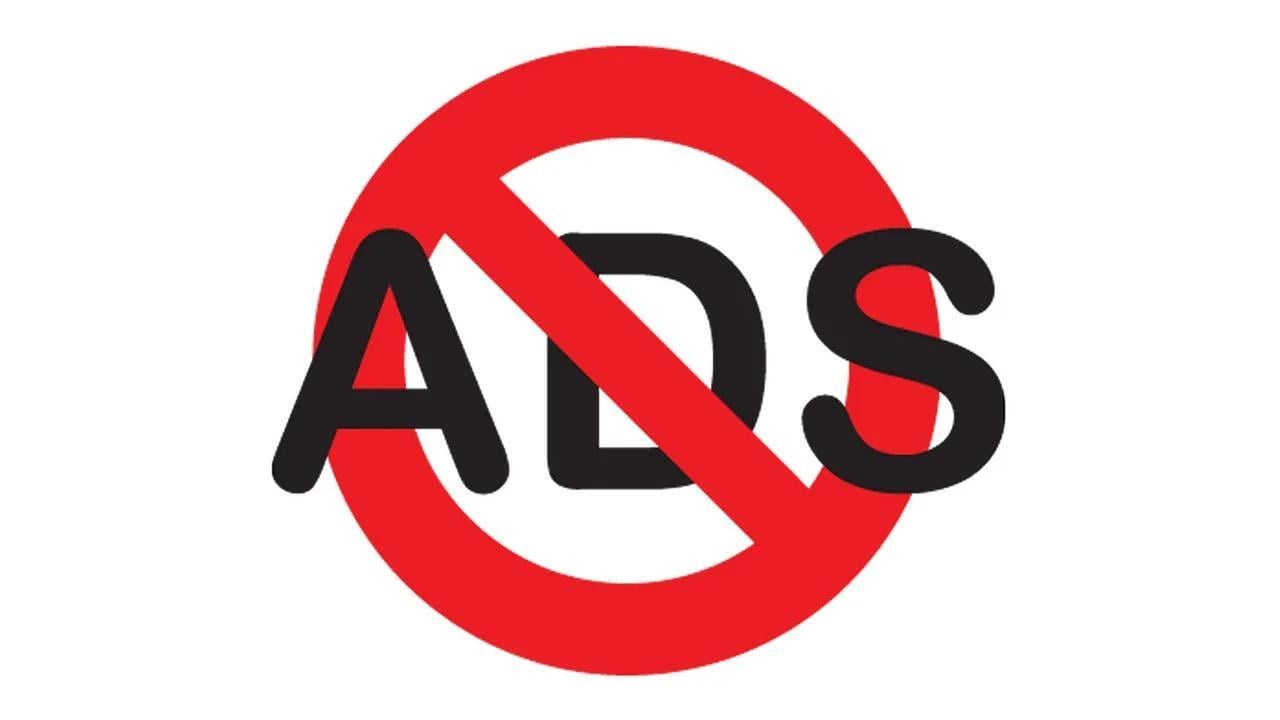- cross-posted to:
- justpost
- cross-posted to:
- justpost
Odysee, a decentralised YouTube alternative focused on free speech, is officially ending the serving of ads on the platform, starting today. The post:
"Dear friends of Odysee, Starting today, we’re removing all ads. We don’t need ads to make money as a platform and we are confident in the development of our own new monetisation programs that will help creators earn a living and at the same time keep Odysee alive. Ultimately, sacrificing the overall user experience to make a few bucks isn’t worth it to us and nor is it even sustainable for a platform that wishes to make something truly open and creatively free.
As we take this decision, one thing is certain to us, media platforms (even ones that market themselves as ‘free-speech’) typically devolve into advertising companies and end up becoming beholden to their paymasters. It’s been that way for centuries and is never going to change.
As we see YouTube become more aggressive with their ad deployment and ‘Free Speech’ platforms try to build their own ad businesses it’s apparent to us that we’re building a model for Odysee that will keep it sustainable not only financially, but in its ability to provide an incorruptible user experience.
Our approach may be considered niche or unconventional, that’s fine by us. Odysee will be used by the world on terms that are agreeable to its users, and we know our users don’t like ads.
Best, Founder & Creator, Chief Executive Officer. Julian Chandra"



I don’t understand what you’re saying here. Did you mean can be modified? Or what does this have to do with Nazi rhetoric? Maybe you have a different idea about the word “frontend”?
deleted by creator
It’s a shame because the thing that kills alternative platforms is getting flooded with racists to the point that they drive everyone else out.
A lot of “free speech” platforms box themselves into a corner by declaring themselves “free speech” platforms while intending that to mean they won’t ban users for mild wrongthink, but then white supremacists show up, and if they get banned then they start causing a massive shitstorm over the fact that the platform isn’t truly supporting free speech. Then they drive out all the normal people who don’t want to be associated with them and the platform is forced to shutdown.
Then you have morons like Tim Pool who will endlessly attack “free speech” platforms if they ban white supremacists.
Oh right, so you were talking about the content, that’s not what I understood under “frontend”. Thanks for clearing it up.
I don’t have any experience with the platform, so I’m not in a position to judge their decisions, but it’s always tricky when you present yourself as censor free. There’s things you obviously don’t want on your service, but if it falls within the legal realm, it is no longer a matter of “will we block Nazi material” but whether from that point onward you start taking a moral and political stance.
Things get incredibly tricky and cumbersome if you choose that route, not just from an administrative perspective but also technically. I can understand why the people who operate the platform would prefer to primarily use legality as a deciding factor, as not every ideological issue that you open yourself up to if you take the other route is as straightforward as fascism.
the ideal path would be to censor nazi stuff on their frontend and also support others making their own frontends. that way they’re truly free speech, everyone can use the backend, but they don’t promote the bad shit
deleted by creator